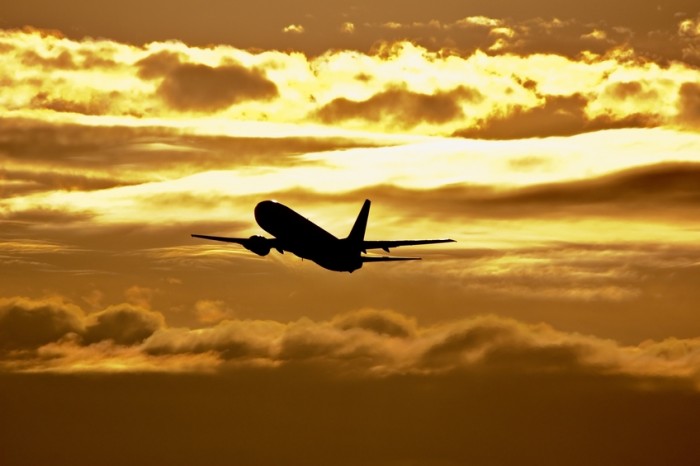Buying flights has NEVER been fun – you know that no matter what you are losing out somehow … that somewhere on the same plane someone else paid less than you. And through the years there have been numerous strategies for getting the cheapest rates … and for avoiding too many of the add-on fees that seem to increase each year in number and cost!
Now according to a study by the Airlines Reporting Corp. at the L.A. Times the latest strategy: shop six weeks in advance. Here is a section of the article:
Passengers can get the lowest airfares if they buy six weeks before their flight, according to a study by Airlines Reporting Corp., an Arlington, Va., company that handles ticketing transactions between the nation’s airlines and travel agents.
The study looked at millions of transactions for airline tickets over the last four years and found that passengers pay the lowest price, nearly 6% below the overall average fare, if they buy six weeks before their flight.
The study also showed that ticket prices begin to soar dramatically about a week before the day of travel, and can rise nearly 40% above the average price if passengers buy the ticket on the day of the flight.
“We’re not advising people to purchase tickets only at this time during the cycle as there is no guarantee they will receive the lowest price of the year,” said Chuck Thackston, managing director of data and analytics for the firm. “It is just that the data indicates we have seen this pattern over the last four years.”
The article also covers a couple of other interesting topics, such as expanded testing for scanners and rapid implementation of WiFi on flights to bring enhanced revenues. On the WiFi:
There is a good reason why the nation’s airlines are moving quickly to make wireless Internet an increasingly common onboard service, along with drinks, food and movies: It generates more revenue from fees.
Onboard Wi-Fi use grew from 4% in 2010 to 7% last year, and is expected to generate up to $1.5 billion annually by 2015, according to a study by In-Stat, an Arizona market analysis company.
As for the scanners, the TSA seems to be yielding to pressure regarding the safety of the systems:
The full-body scanners used at more than 100 airports nationwide have been tested for safety by federal agencies, but the Transportation Security Administration says it is willing to conduct additional tests to address ongoing safety fears about the radiation emitted by the machines.
“To ensure that its employees are provided safe and healthful working environments,” the document said, the TSA “is planning to perform radiation measurement using personal and area dosimeters at selected federalized airports.”
What strategy works best for you when it comes to air travel?
Source: LA Times via Consumerist
